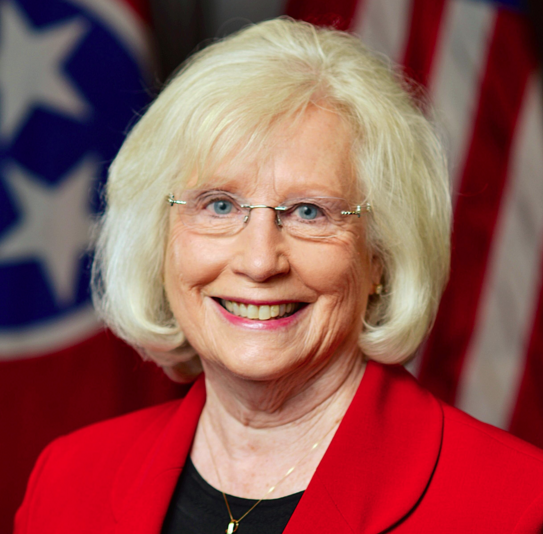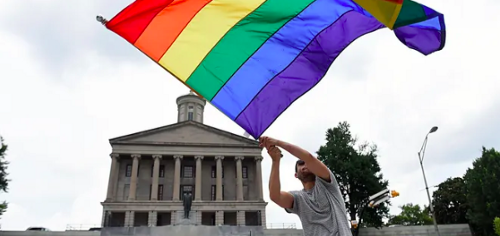
A bill from Tennessee Republicans targets transgender student athletes again this year and Governor Bill Lee’s statements for the legislation were “hurtful,” according to some lawmakers.
The bill from Sen. Joey Hensley (R-Hohenwald) and Rep. Scott Cepicky (R-Culleoka) would require “that a student’s gender for purposes of participation in a public middle school or high school interscholastic athletic activity or event be determined by the student’s sex at the time of the student’s birth.” A similar measure failed in the legislature last year.
This year’s movement may have gotten a bump from Lee on Wednesday, according to The Tennessean.
“Transgenders participating in women’s sports will destroy women’s sports,” Lee said. “It will ruin the opportunity for girls to earn scholarships. It will put a glass ceiling back over women that hasn’t been there.”
Sen. Heidi Campbell (D-Nashville) called the bill “hate legislation.” She called Lee’s statements “hurtful” and “transphobic” and called the whole thing “ugliness” that could hurt the state’s economy.
“What a hurtful thing for a leader to say,” Campbell said in a Medium post. “There have been zero incidents of this being an issue. This is just hate legislation, and to double down with an insult to our LGBTQ community is unnecessary.”
What a hurtful thing for a leader to say. There have been zero incidents of this being an issue. This is just hate legislation, and to double down with an insult to our LGBTQ community is unnecessary. Let's elect leaders who care about ALL Tennesseans! https://t.co/AbfdVgbCpZ
— Heidi Campbell (@campbelltn20) February 10, 2021
‘Transphobic’ GOP Bill Aims (Again) at Transgender Athletes, Lee Approves
Tennessee Senate Democrats said the legislation “may not solve any real problems, but it has caused real harm: to state economies as business goes elsewhere, with resources wasted on court battles and to the mental health of trans people affected by this ugliness.”
For its part, the Tennessee Equality Project (TEP) added the bill to the top of its 2021 Slate of Hate, bills aimed at limiting the rights of those in the LGBTQ community.
”This bill repeats the effort to prevent transgender students from participating in high school and middle school sports,” reads the TEP blog. “It ties a student’s gender to the original birth certificate. The ’whereas’ clauses attempt to pit transgender people against women’s sports.”
As an example, the bill says girls work hard to succeed in sports, sometimes to get scholarships.
“It is unfortunate for some girls that those dreams, goals, and opportunities for participation, recruitment, and scholarships can be directly and negatively affected by new school policies permitting boys who are male in every biological respect to compete in girls’ athletic competitions if they claim a female gender identity,” reads the bill.
[pdf-1]
 Michael Donahue
Michael Donahue 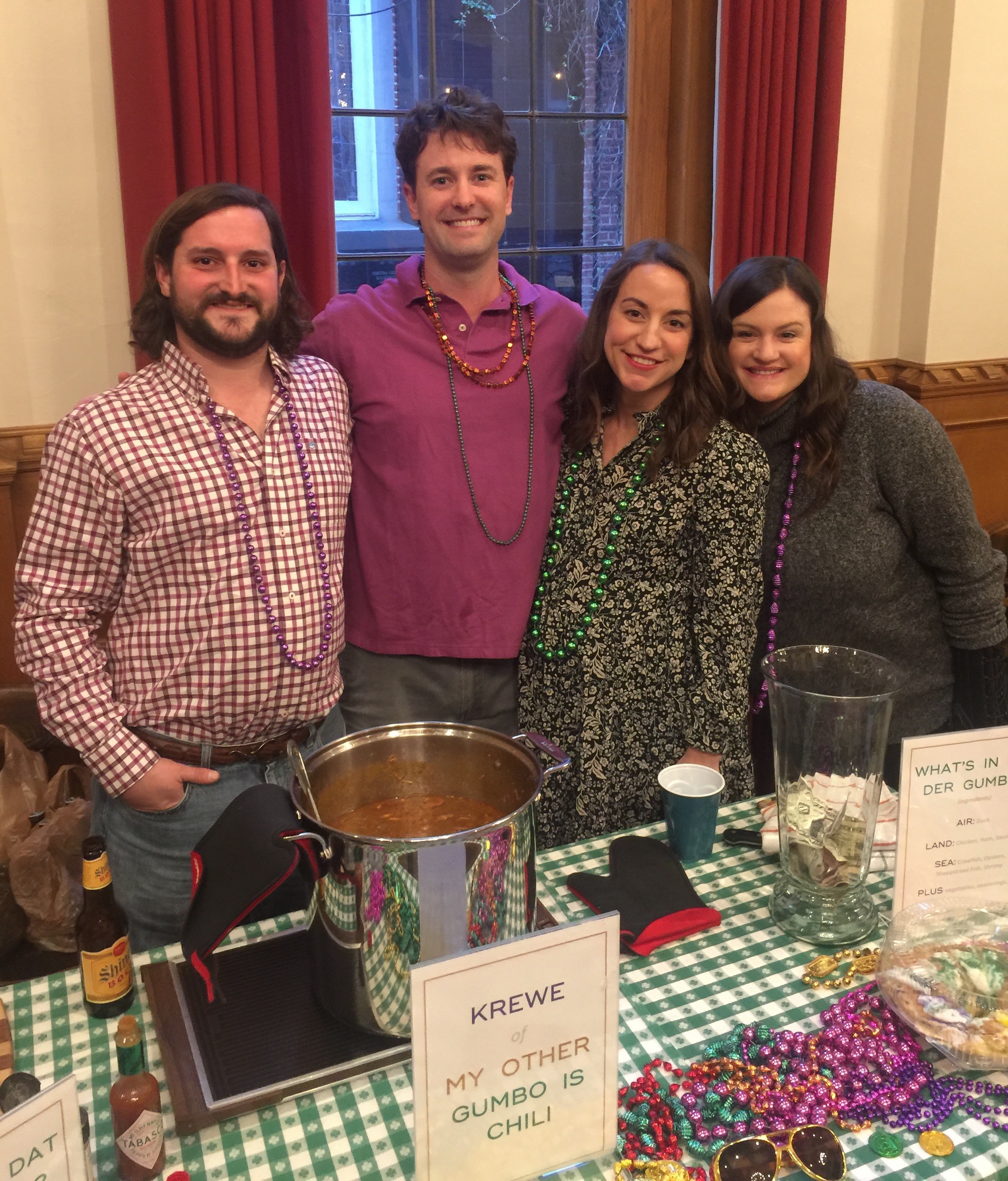 Michael Donahue
Michael Donahue 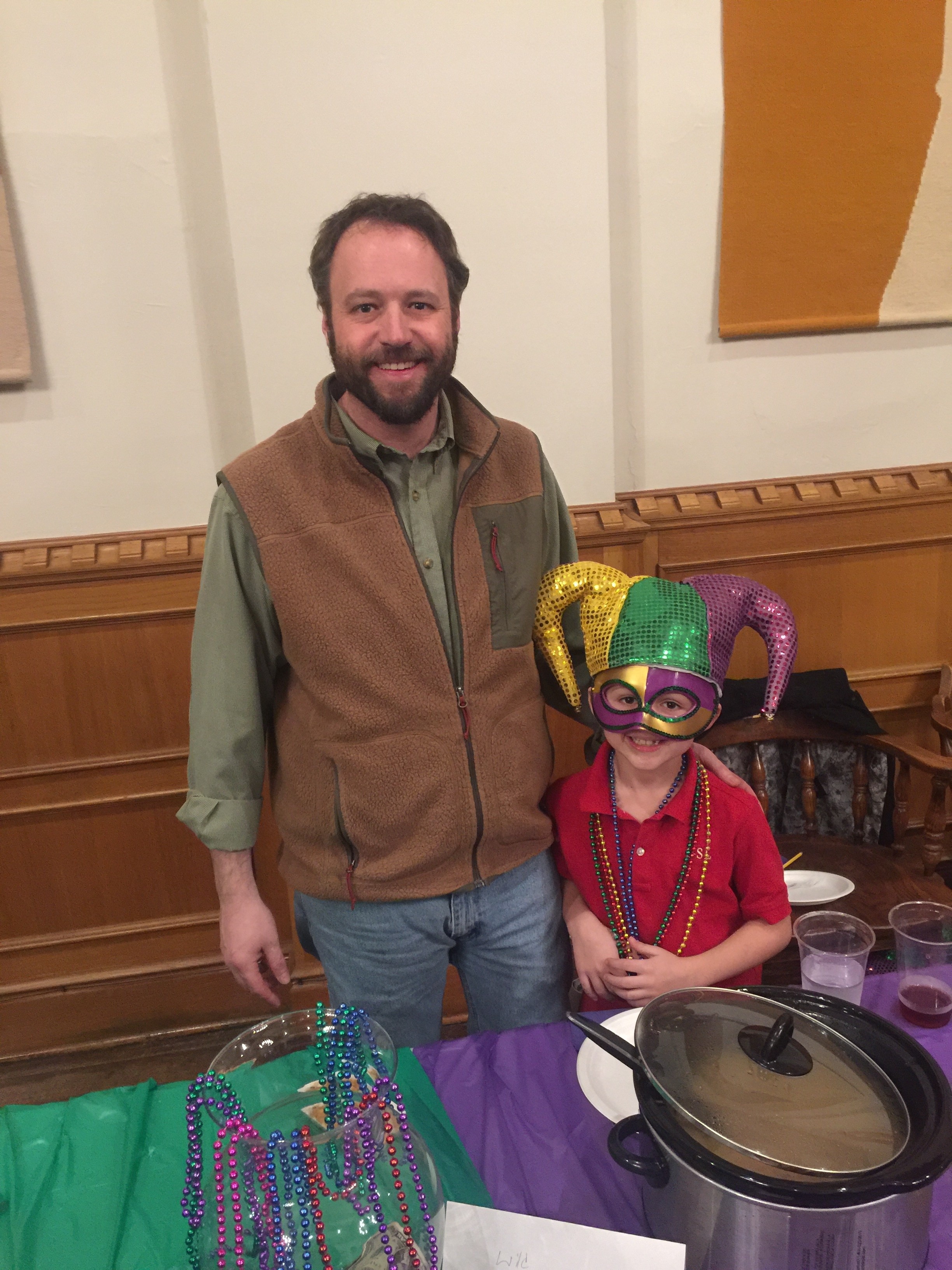 Michael Donahue
Michael Donahue 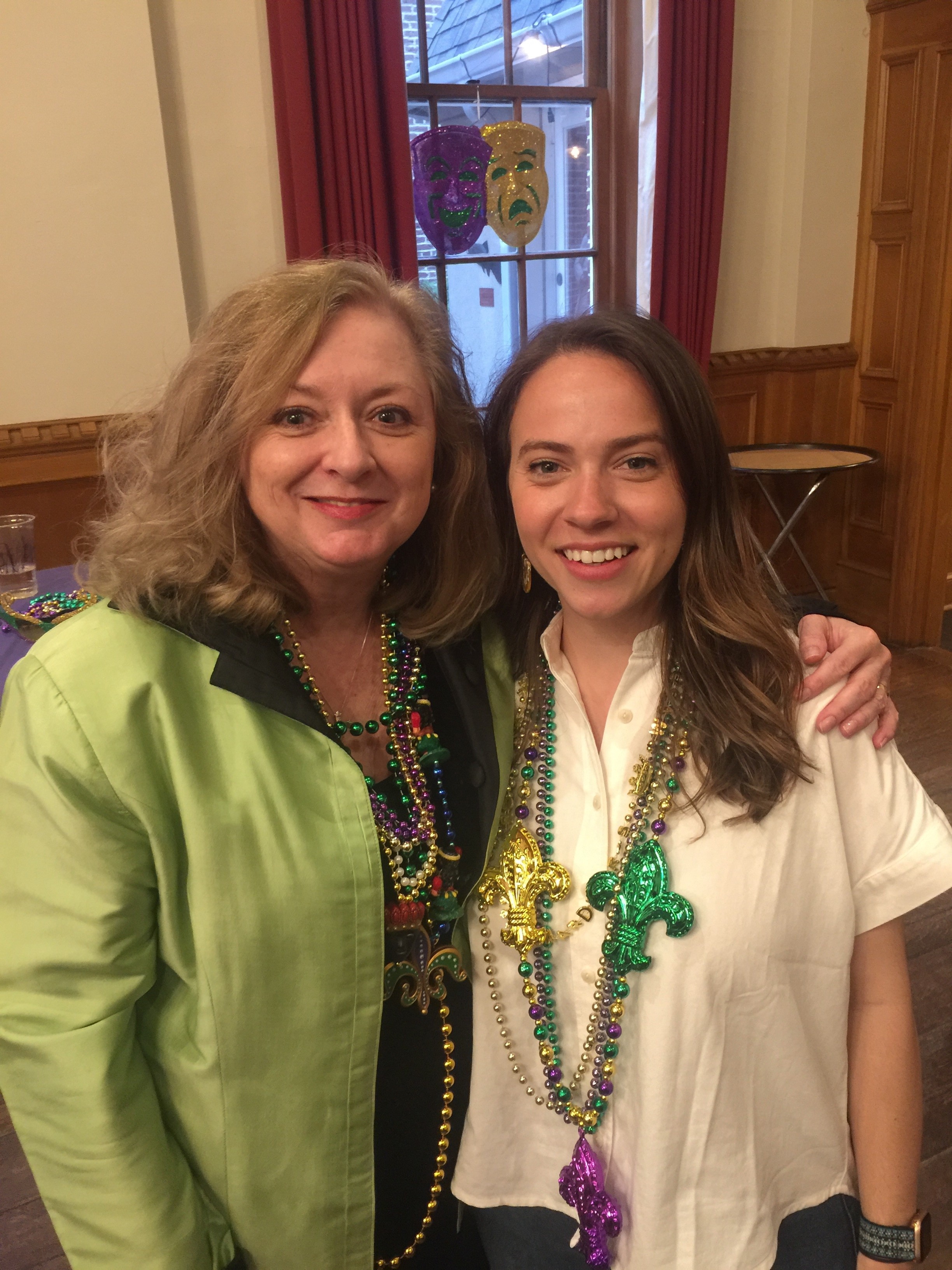 Michael Donahue
Michael Donahue 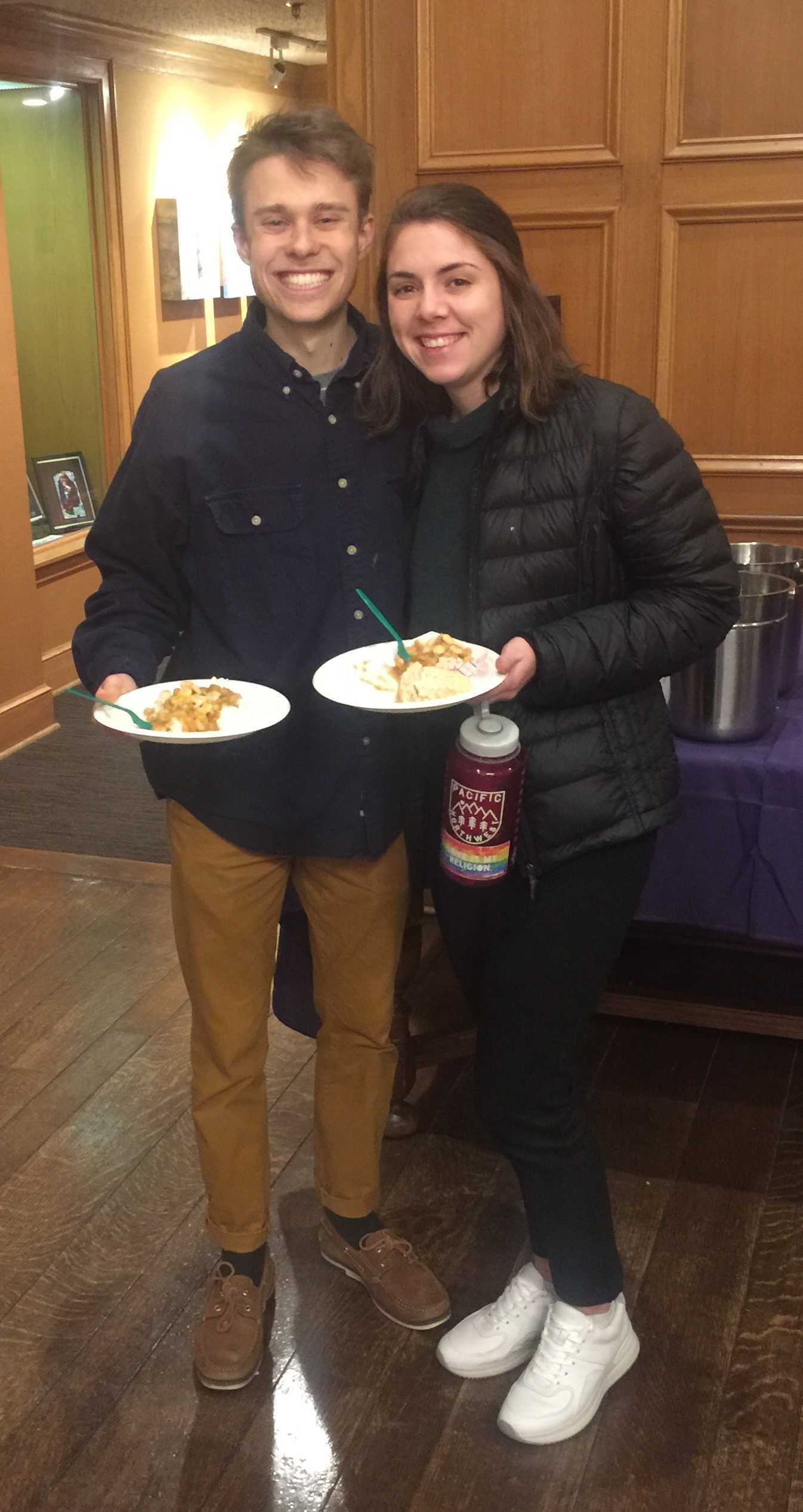 Michael Donahue
Michael Donahue 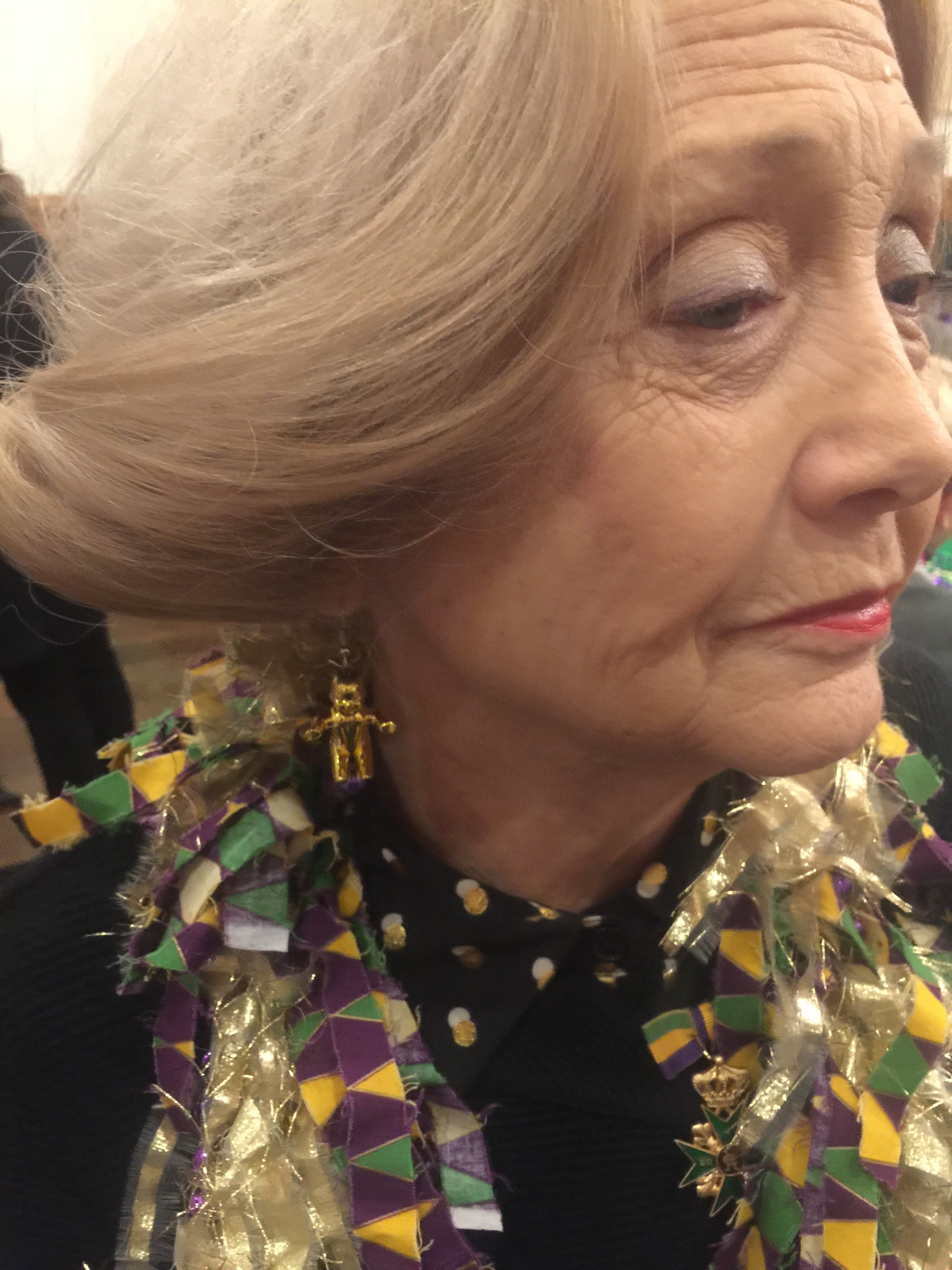 MIchael Donahue
MIchael Donahue 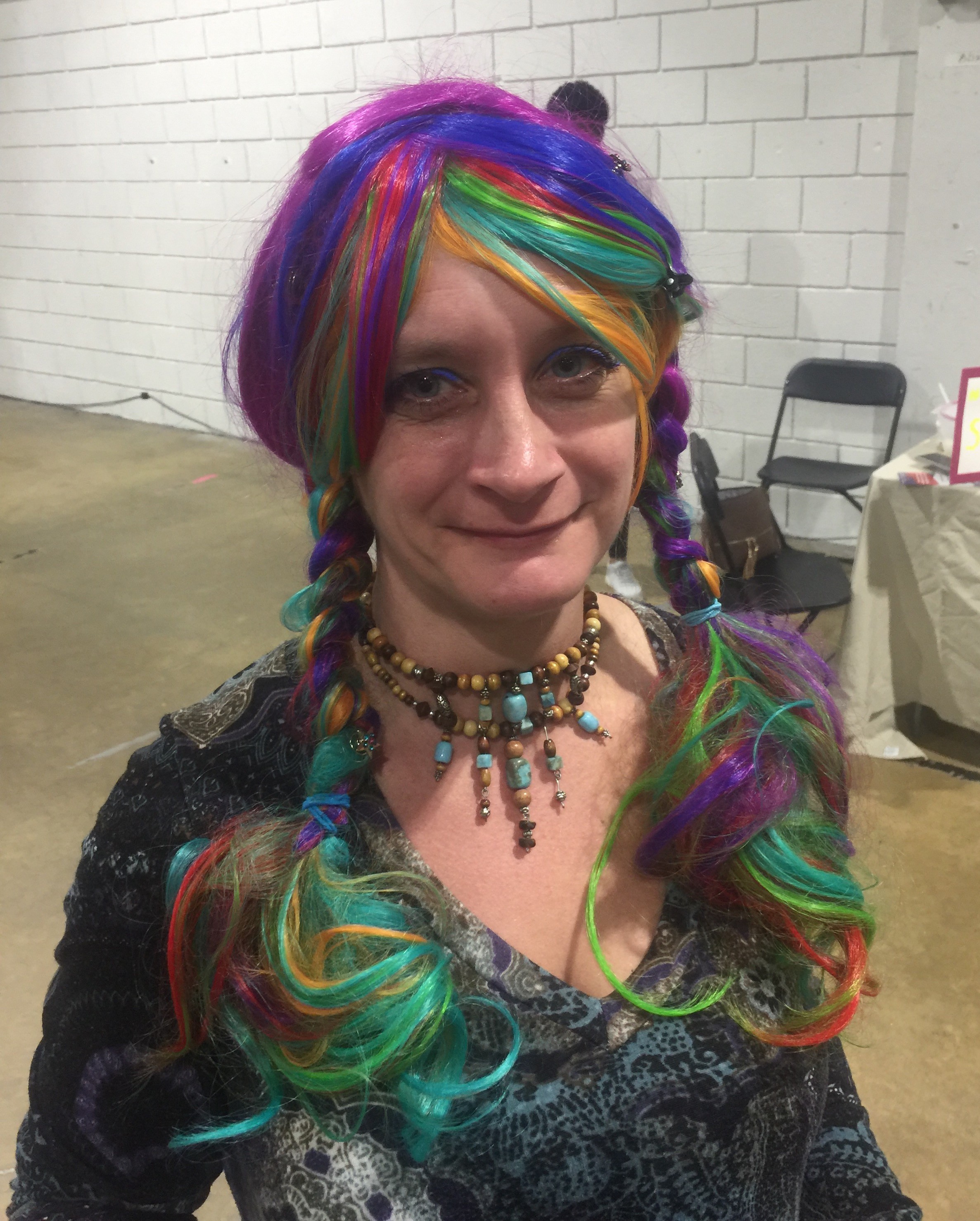 Michael Donahue
Michael Donahue 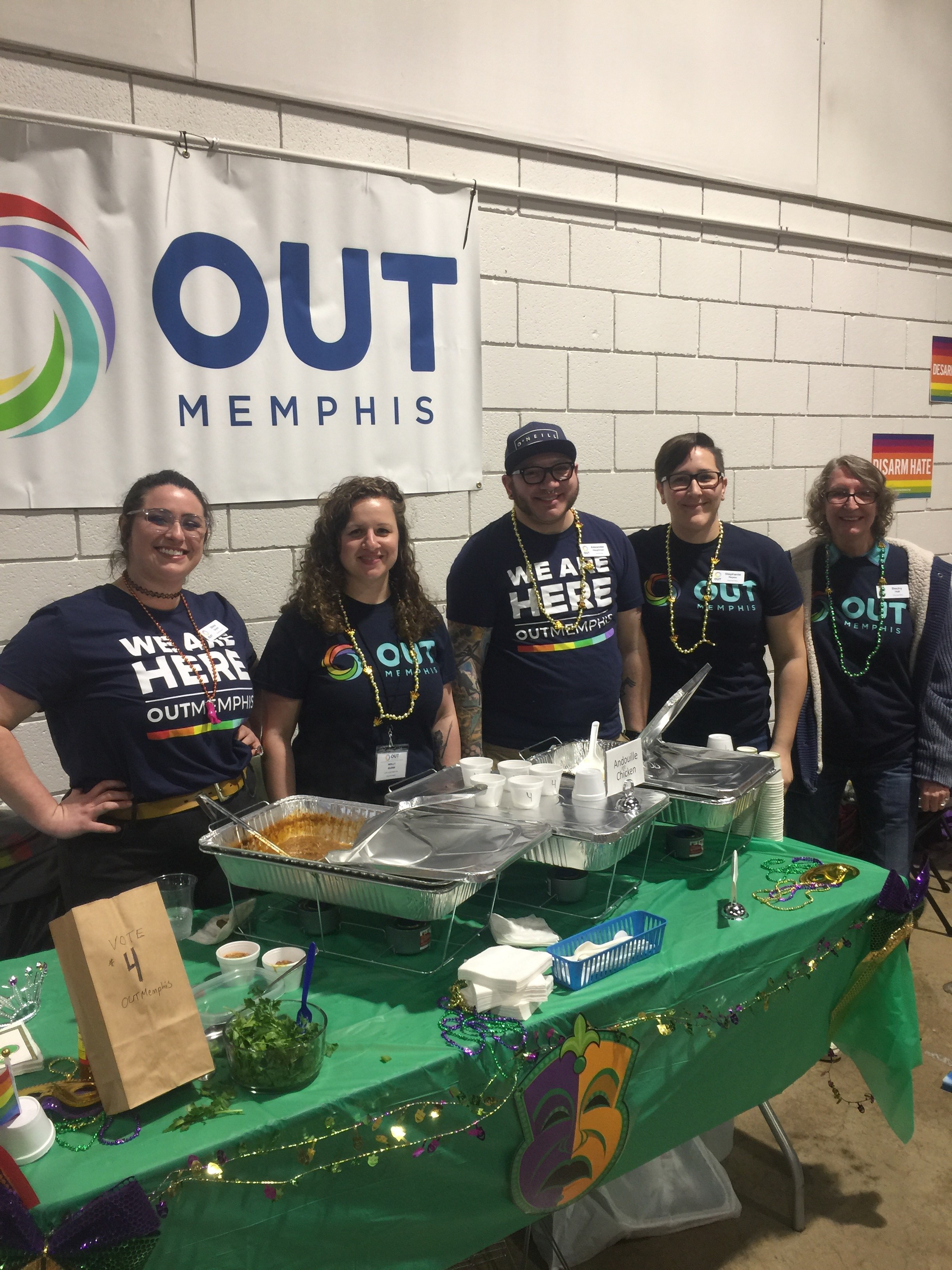 Michael Donahue
Michael Donahue 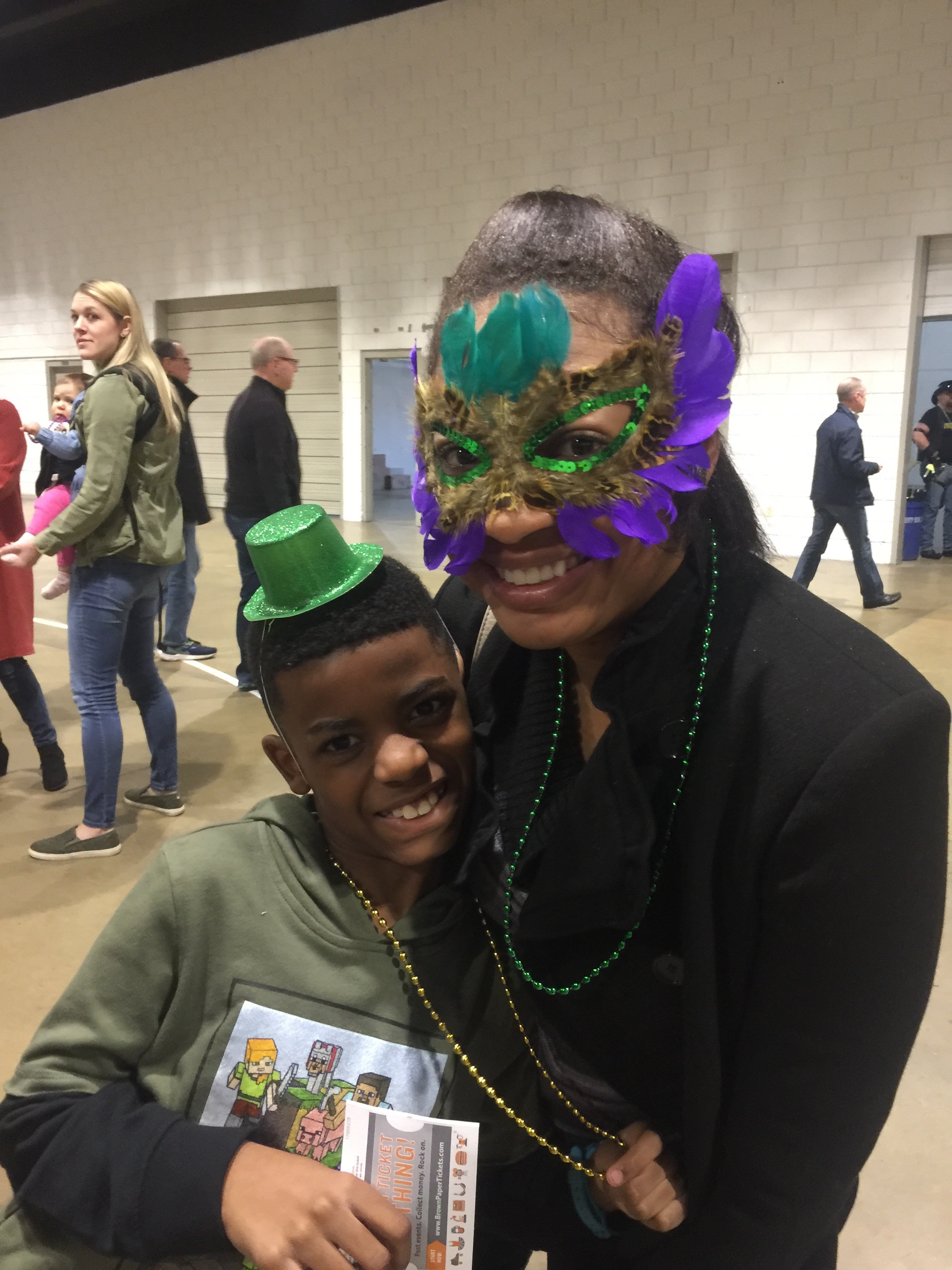 Michael Donahue
Michael Donahue 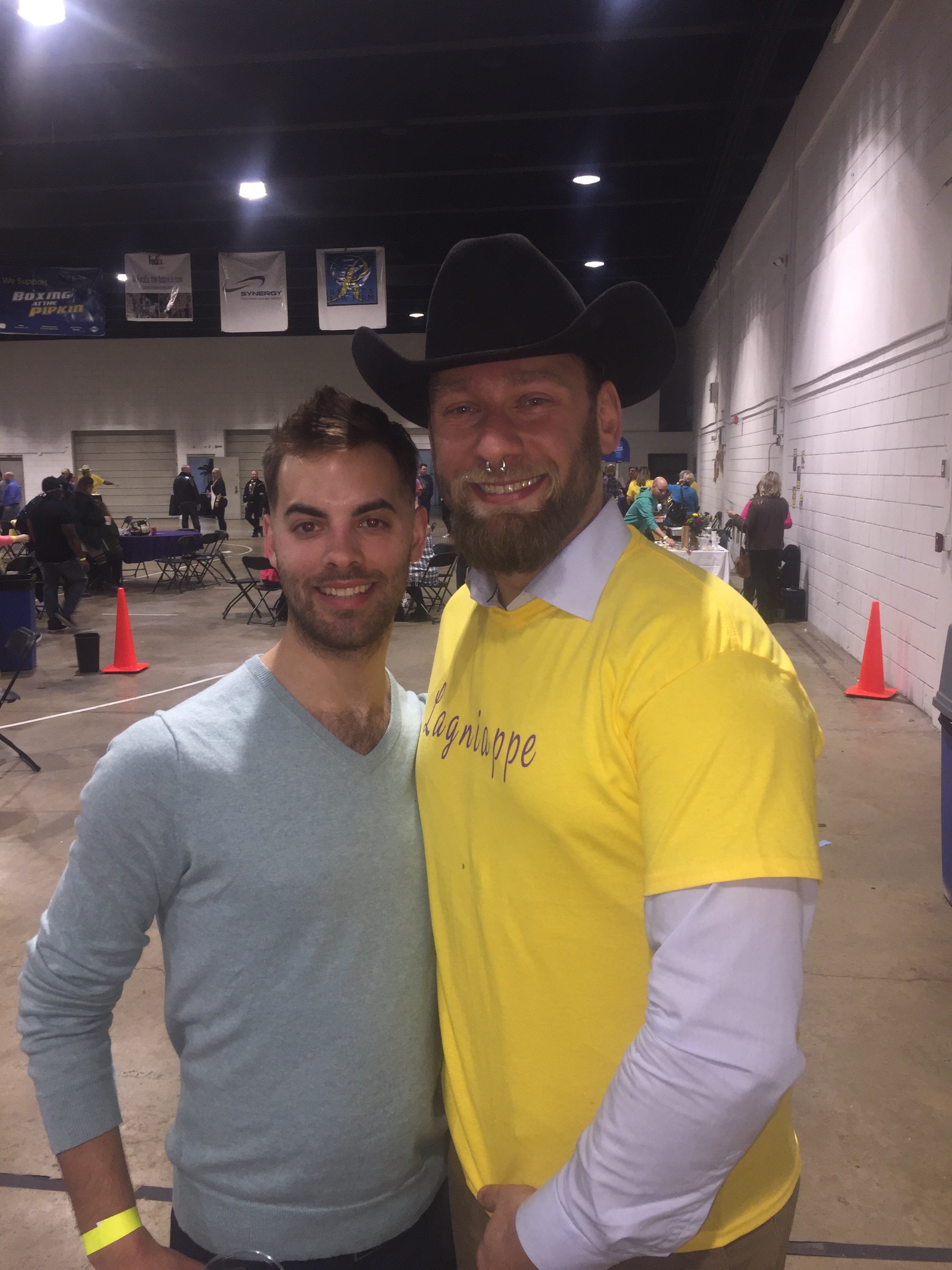 Michael Donahue
Michael Donahue  Michael Donahue
Michael Donahue  Michael Donahue
Michael Donahue 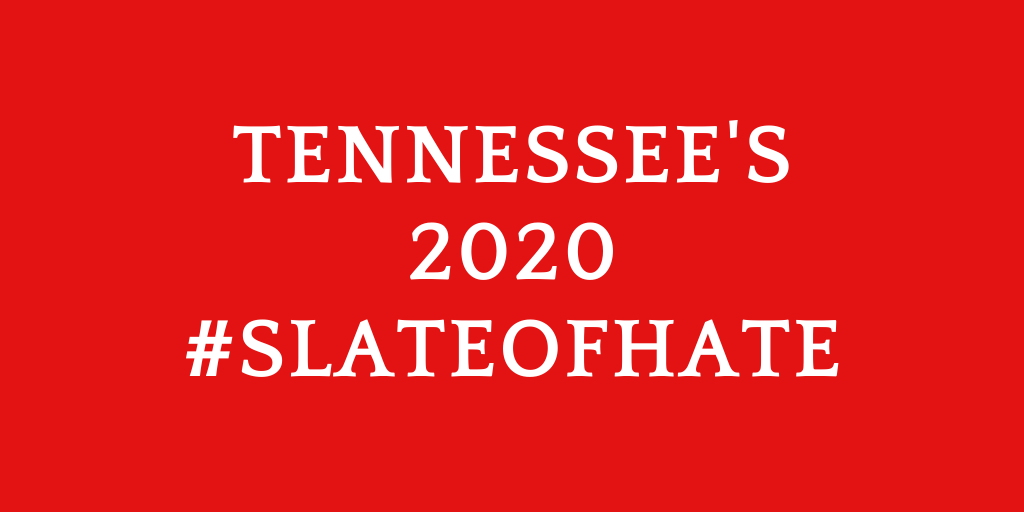 Tennessee Equality Project
Tennessee Equality Project 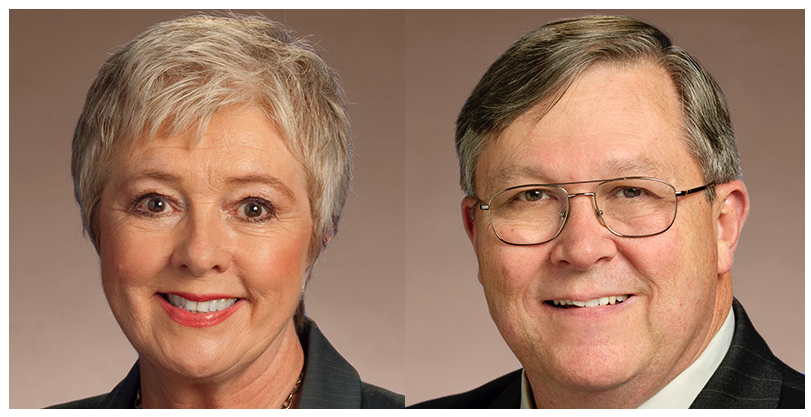 Tennessee General Assembly
Tennessee General Assembly 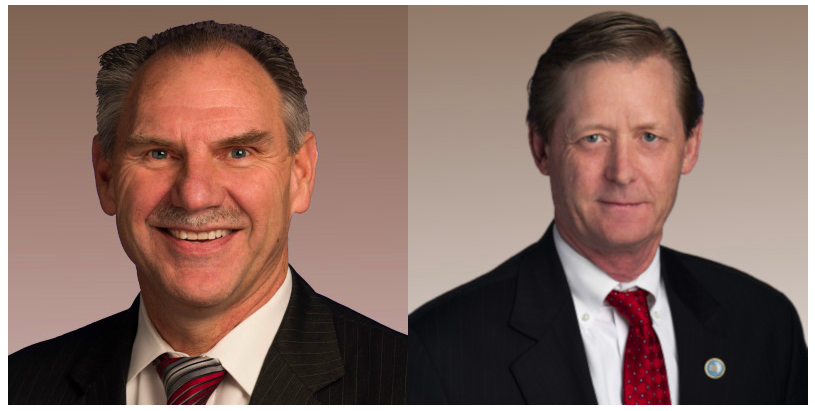 Tennessee General Assembly
Tennessee General Assembly 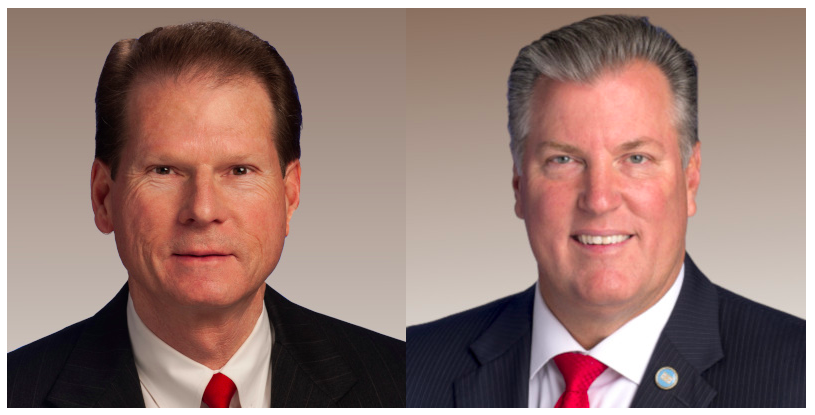 Tennessee General Assembly
Tennessee General Assembly 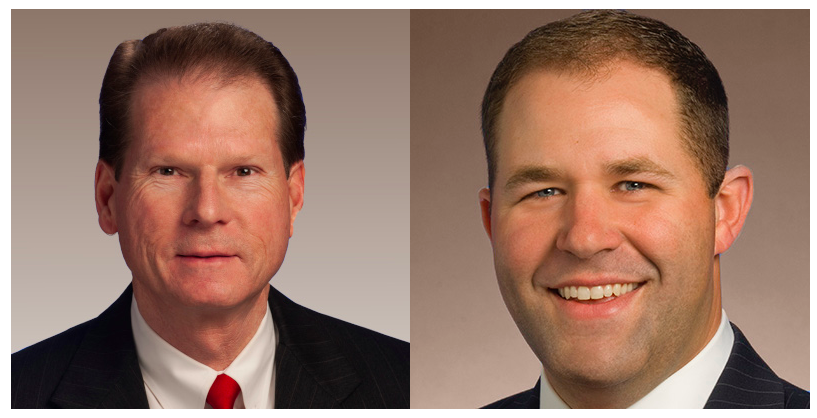 Tennessee General Assembly
Tennessee General Assembly 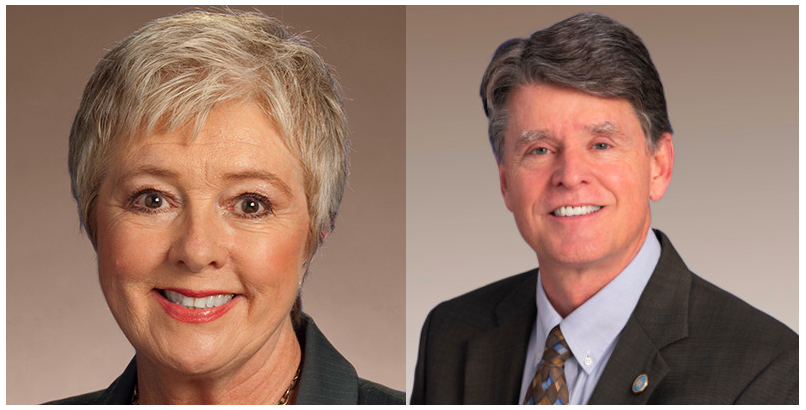 Tennessee General Assembly
Tennessee General Assembly 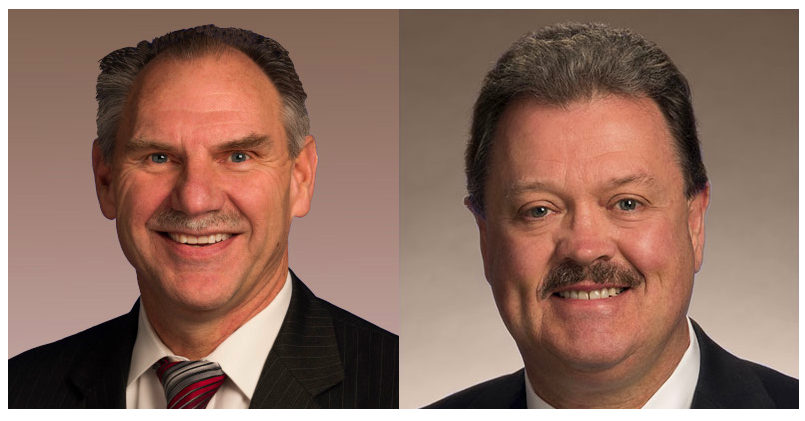 Tennessee General Assembly
Tennessee General Assembly 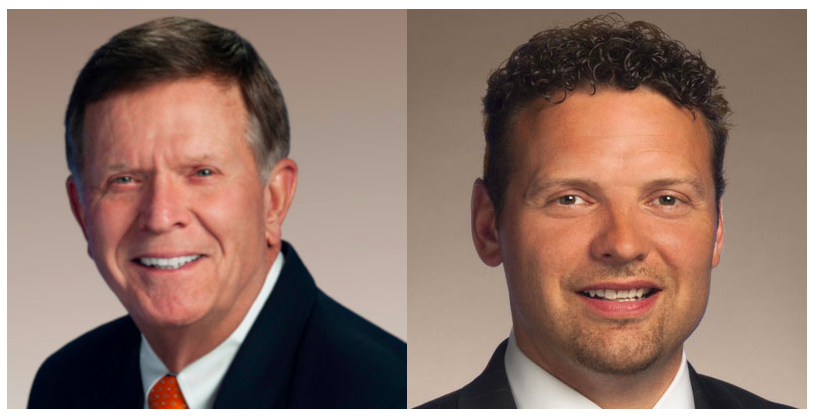 Tennessee General Assembly
Tennessee General Assembly 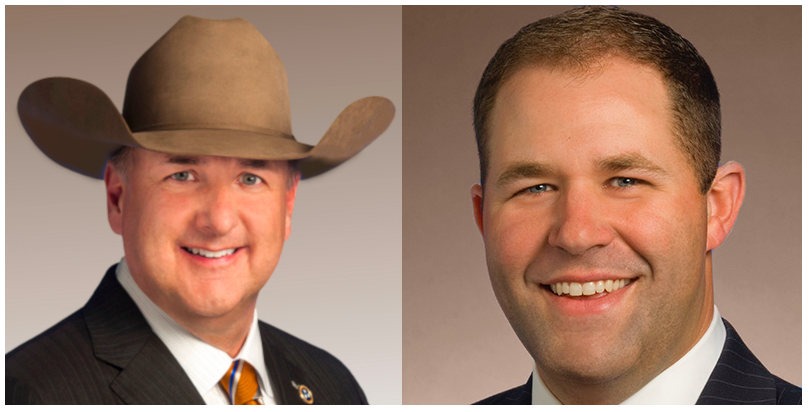 Tennessee General Assembly
Tennessee General Assembly 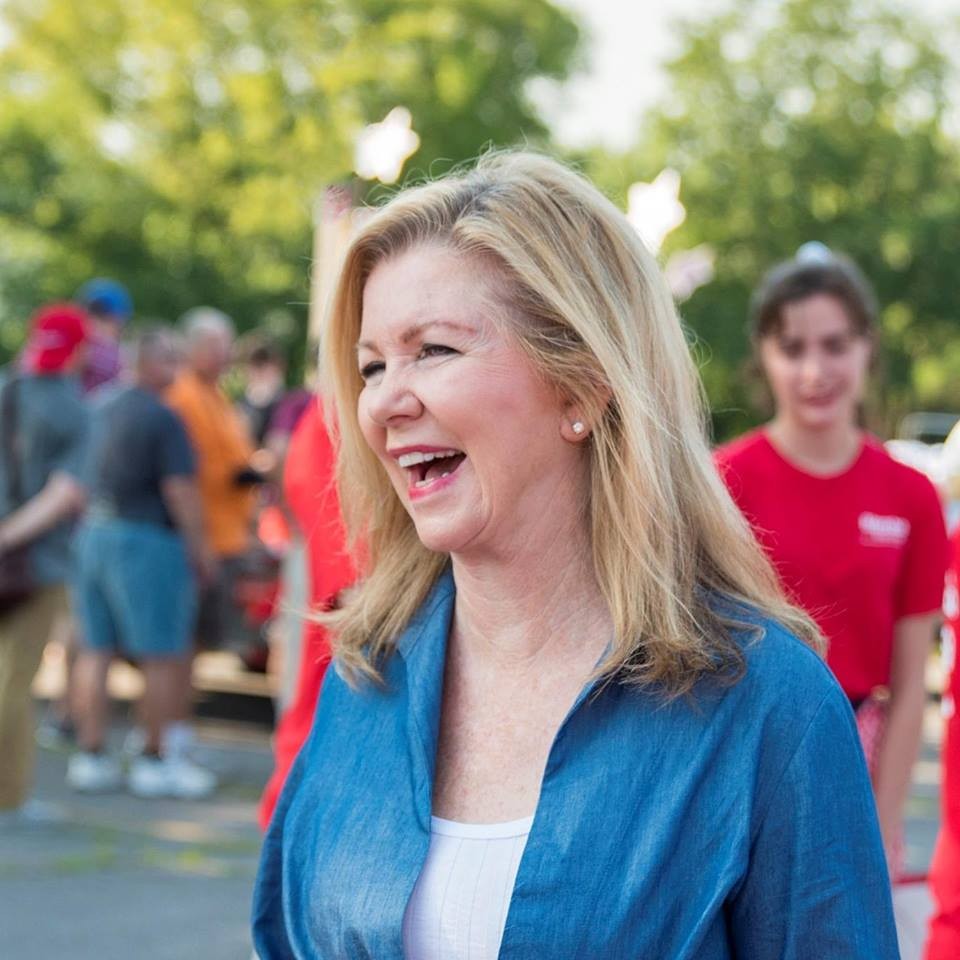 U.S. Senator Marsha Blackburn/Facebook
U.S. Senator Marsha Blackburn/Facebook 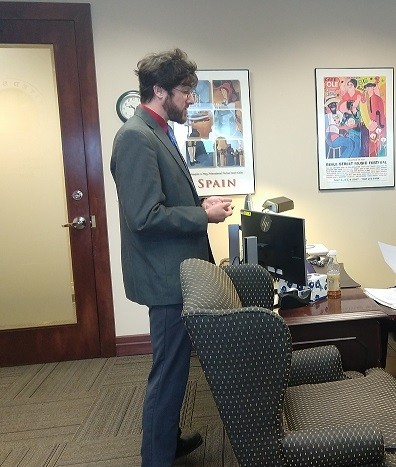 Tennessee Equality Project
Tennessee Equality Project 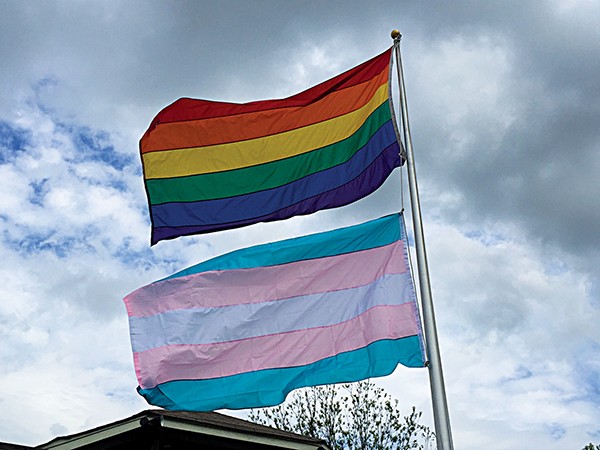 Bianca Phillips
Bianca Phillips 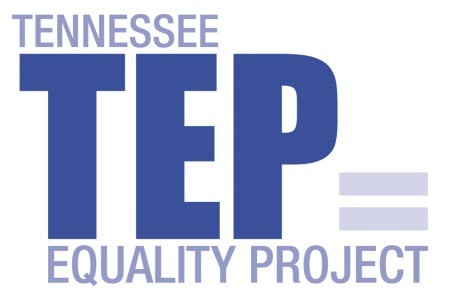

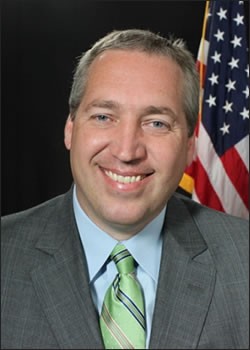
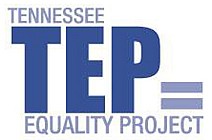


 Latino Memphis
Latino Memphis  Bianca Phillips
Bianca Phillips 